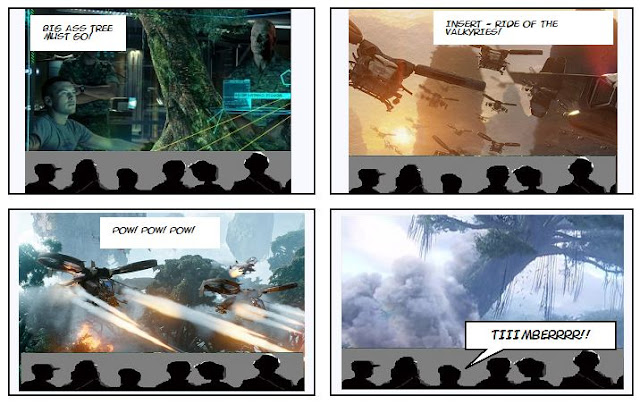Synopsis - The novel retells the story of Chanakya the great political strategist of ancient India, whose machinations resulted in the installation of Chandragupta Maurya as the emperor of Magadha. In parallel, the novel tells the fictional tale of a Brahmin from Uttar Pradesh, Gangasagar Mishra, who decides to mentor a little girl from Kanpur's slums and groom her to become India's Prime Minister.
Verdict - A good Sunday read, but will be insulting to serious history buffs. Parallel present-time story not interesting as Chanakya's.
Having not yet read Ashwin Sanghi's previous work,
The Rozabal Line, I nevertheless picked this one up because I was intrigued by the notion of a re-telling of Chanakya's tale. After only vague re-collections (as most of you must have) of Doordarshan's TV series of yore, my curiousity about the time period was re-kindled.
The story itself, shifts between a modern day political strategist who rises from anonymity to promote his candidate to the prime ministerial post, and ancient India of the Mauryan empire which served as the playground for Chanakya's shrewdness. There are plenty of questions about Chanakya's origins and his part in Chandragupta's rise to power, but not including this, the author has taken plenty of liberties in depicting the history of this tremulous time period.
I did like several descriptions of the day-to-day life of ancient India, on the streets and in the opulent palaces. I did detect a hint of Ashok Banker, but I guess that could just be coincidence. Chanakya's ascent initially at Taksasila, and his burning desire for revenge is well portrayed by the author. However, Chanakya's desire to see a united
Bharat is another one of the liberties assumed here. I don't think anybody in that age would have had such aspirations; a desire for personal glory through a consolidated Mauryan empire might have been more true of most kings and protagonists of that era.
Although the parallel story of Gangasagar in present times starts strong, it starts losing it's edge very fast. His story is of a modern political thriller where ascent to power means double-dealing and making enemies along the way. The author has clearly borrowed from several newspaper headlines of recent times to chart this course, which sometimes makes the narration sound cliched (I remember this one instance how Gangasagar advises another protagonist to send transgender groups to collect tax from defaulters). This parallel story quickly descends into improbability with sprinklings of unnecessary and brutal violence. Although the author stresses constantly on Gangasagar drawing inspiration from Chanakya, the link is not so tenable, and is mostly lost by the end of the book.
There's nothing much described about the wars, which was disappointing for me. With Alexander's invasion shaping the actions of the kings during the time, I was expecting some thrills from the engagements. But then, with the book named after Chanakya, the focus I guess should be more on subtle strategy than brute force. In fact, Chanakya states that multiple times in the book, how direct confrontation is wasteful.
I got a bitter-sweet feeling in my mind when I had read the last page, and was reflecting on this. It definitely felt like the last few chapters (shouldn't call them that, because Ashwin's style of writing is of brief sections every page or two) of the book were hurried. Chanakya had achieved something great, unite most of north-India, but somehow I did not feel this in those last pages. It was the same sense of partial betrayal with the parallel story, with Gangasagar achieving what he had set out to do. The author though has succeeded to keep the narration quintessentially Indian, with the colloquialism intact. Overall, an engaging novel, but not without it's flaws.






